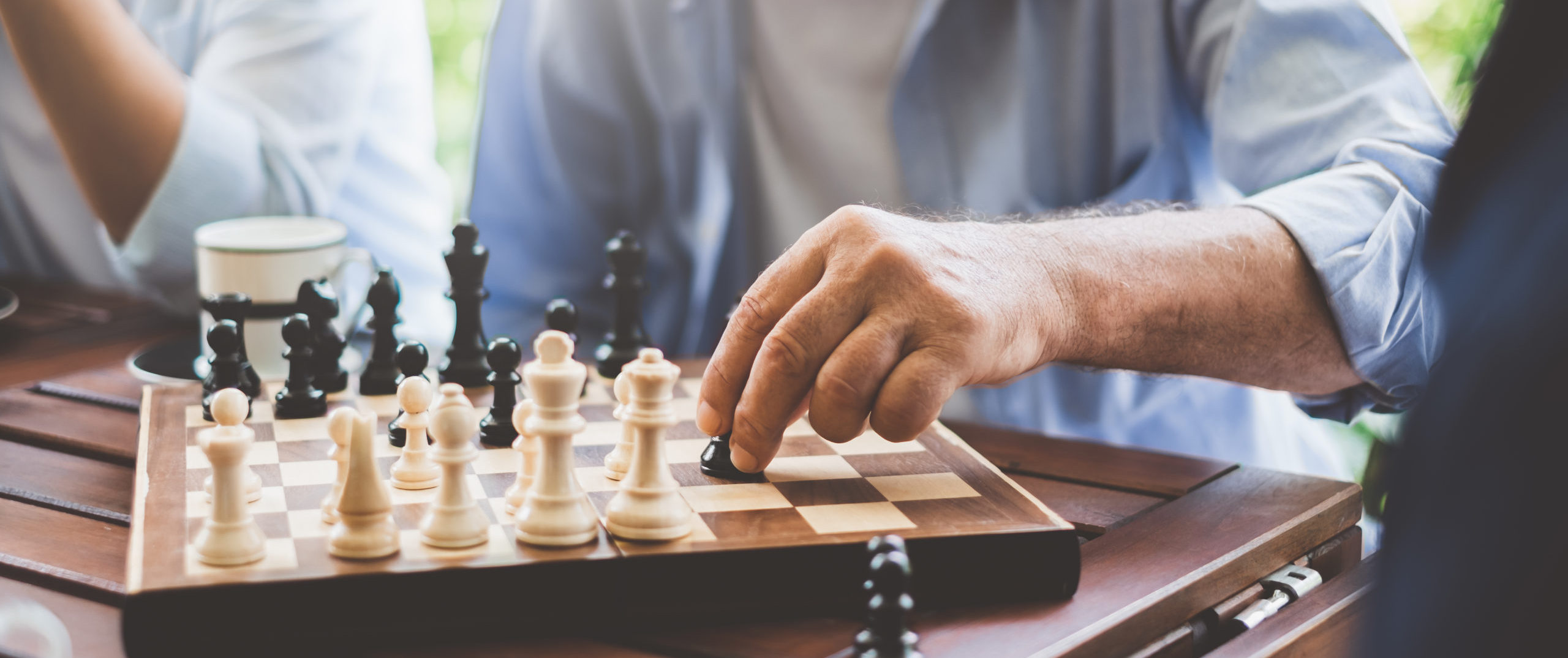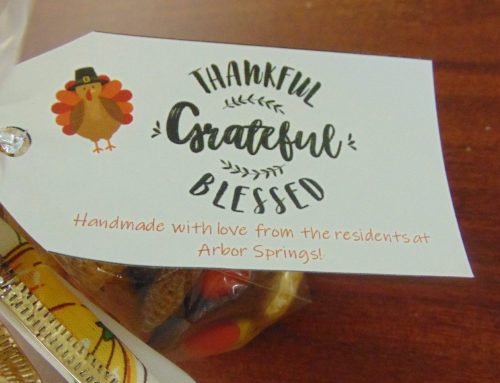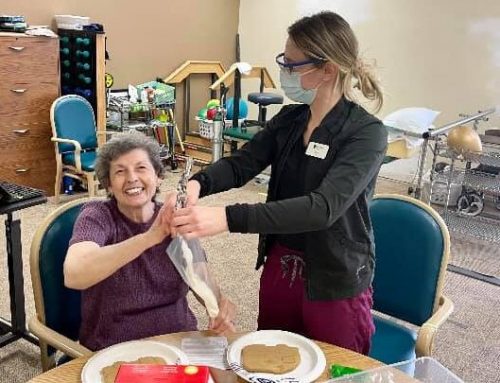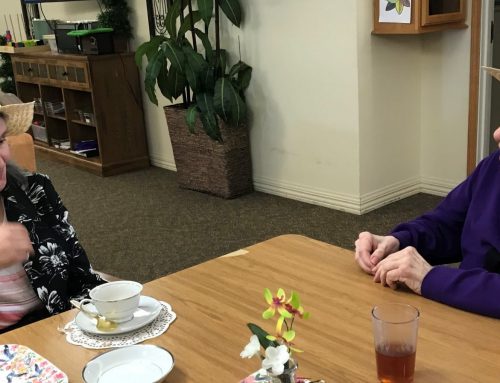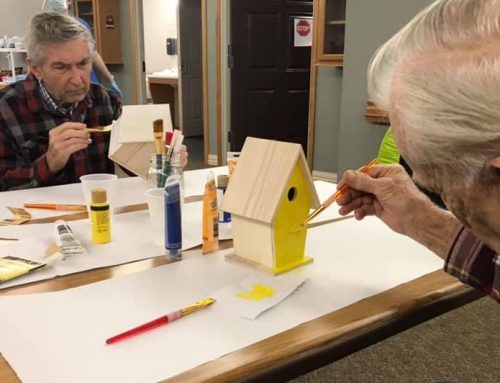We’re Game!
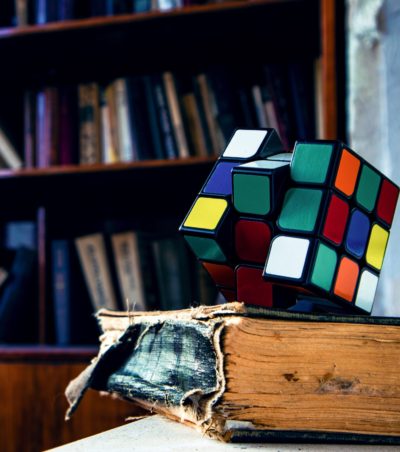 Does your loved one’s memory concern you? Are you looking for ways to spend time together and keep your minds active? Whatever the reason is, it is perfectly normal to look for new ways to keep the minds of those we care about as sharp as possible.
Does your loved one’s memory concern you? Are you looking for ways to spend time together and keep your minds active? Whatever the reason is, it is perfectly normal to look for new ways to keep the minds of those we care about as sharp as possible.
Many studies point to a likely possibility that increasing cognitive stimulus can benefit those diagnosed with Alzheimer’s disease and dementia. So, here are a few fun games that also count as productive brain bench presses.
First, when you start playing games to improve memory, think of it as just that—a game. Please don’t treat it like an exercise routine or health regimen. Everyone should feel respected and that you are in this together. It’s easy to do when you remember that this is good for you too.
These activities are for people of all skill and cognitive levels. They can always be tweaked to fit anyone’s specific needs and personality.
Games By Themselves
It is important to have games your loved one can play whenever, allowing them to do things on their own. Be sure they are comfortable with how the game works and where to find it.
Crossword puzzles are tried-and-true mind stretchers. Sometimes, these can be a bit frustrating for older adults, whether it is the word size or more modern cultural references. Here are some crossword puzzle books that might help with that:
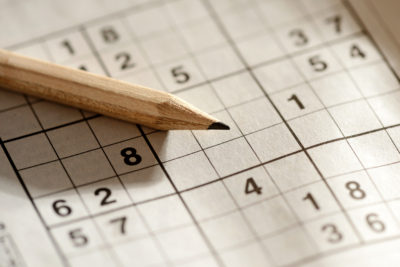
Sudoku is a real brain twister. It’s like a crossword but with numbers. Fill nine 3 x 3 squares so that every column, row, and square has one instance of each number 1–9. Sounds complicated; well, that’s why it’s so good for you. If you are just starting, pick up a beginner’s book of puzzles, even these can get hard fast.
Solitaire is great because it is played alone and can be very relaxing.
Puzzles come in many shapes, sizes, and varieties. Dot games, mazes, Rubik’s cube, picture puzzles, and other head benders like this are perfect for when you are by yourself. Many can be found online or at your local toy/game shop. They can also be fun to make yourself if you’re feeling ambitious!
One-on-One and Group Games
Playing games together is a terrific way to connect with friends and family. In a community environment, group games encourage conversation and help everyone make new friends.
Card Games let you stay sharp with just a deck of cards, making it easy to flex your memory on the go.
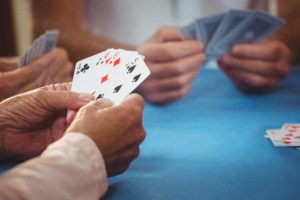 Gin rummy – Create sets and runs to score points. This is like rummy, but you hold your cards instead of laying them on the table.
Gin rummy – Create sets and runs to score points. This is like rummy, but you hold your cards instead of laying them on the table.- Pinochle – With a 48-card deck, players must form card combinations to take tricks. There is a little bit of betting too!
- Canasta – Match cards to discard your hand and score points along the way. It is also a member of the rummy family.
- Bridge – Let’s just say this one is a blast and leave it at that. AARP has an excellent resource for playing this game online with others.
Don’t know the rules for one of these or looking for a new game? The Bicycle Cards website is a fantastic resource for new games and rules. All the games above and more are on the site.
But by all means, feel free to play your way. What’s a card game without family rules?
Board/Tabletop Games are excellent mind exercises. They require both strategic thinking and some motor skills, which make them particularly useful for mental strengthening.
- Chess/Checkers – If you want a rigorous brain workout, go with chess, but know the rules before you start. (chess.com is my go-to resource and will also teach you strategy!) If you want a quick, fun, and straightforward game, go with checkers.
- Go – This is a strategy game created in China over 2,500 years ago and is believed to be the oldest board game. It is great for those looking for something new, but just a heads-up…it’s pretty complicated. Check out the rules and strategies before you start.
- Scrabble – Form words from letter pieces you draw and place them on the board to score points. Make sure to have a dictionary handy!
- Yahtzee – Score points by making combinations from rolling dice. This game is quick and easy, great for someone who may not want to invest a lot of time into a more involved game.
Memory & Matching Games are easy, and all you need is a deck of cards or simple items with something to cover them.
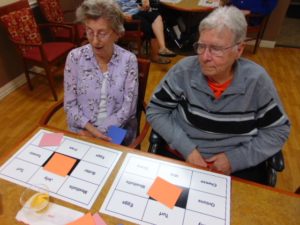
We know how to have fun here at Arbor Springs
Step 1: Place all the cards face down or cover all the items.
Step 2: Turn over a card or uncover an item, then try to find its match from memory.
Step 3: Only turn over two at a time. If your guess was incorrect, then reset.
Step 4: Repeat!
Make sure to keep score. This should always feel like a game, not an exercise.
Are You Game?
When you look to engage with anyone around the idea of maintaining a healthy and active mind, remember that this doesn’t just help them. Everyone can benefit from a bit of cognitive stretching.
Don’t think of it as a preventive measure, medicine, or treatment. Sharpening your memory is essential at any age and is part of proactive self-improvement and care. Let your loved one know this is something you are doing together. It takes a lot of the stress and anxiety out of enjoying a fun game. However, we can’t help how competitive you get.
For more information on how to tell if your loved one is struggling with memory issues and what you can do about it, please contact us here or give us a call.


